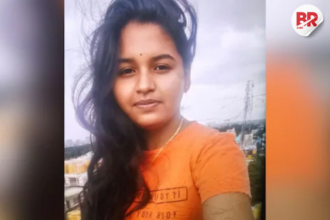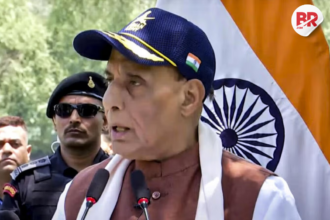
A recent Delhi court ruling on an extramarital affair case involving two Indian Army Majors has sent a clear message: privacy matters, even when the drama unfolds in uniform.
The court rejected a petition seeking CCTV footage from a hotel, where the alleged affair took place, firmly protecting the couple’s right to privacy.

The case started when one Army Major filed a petition, accusing his wife of having an extramarital affair with another Major. He sought the hotel’s CCTV footage to prove his claim.
But Civil Judge Vaibhav Pratap Singh saw things differently. The judge said the hotel must keep guest information confidential, including booking details and footage, especially when the request comes from a third party not involved directly.
The judge pointed out that the alleged couple wasn’t even named in the petition. So, asking the hotel to hand over their private information without giving them a chance to defend themselves would be unfair. It would violate their right to natural justice and could damage their reputation.
Interestingly, the court reminded everyone that it is not a detective agency to investigate private disputes or gather evidence for personal battles.
Instead, it urged the complainant to use the proper channels — in this case, the Army Act of 1950 and related rules — to address such issues.
Adding a thoughtful touch, the judge quoted Graham Greene’s novel The End of the Affair: “The burden of fidelity rests with the one who made the promise. It is not the lover who has betrayed the marriage, but the one who made the vow and broke it.” In other words, the “outsider” isn’t the one breaking the rules.
The court also referenced a landmark Supreme Court ruling from 2018 that challenged outdated ideas about adultery. The judgment emphasized that a woman has the right to choose who she loves, and no man can “steal” another’s wife.
The Parliament’s decision to scrap the adultery law in the Bharatiya Nyaya Sanhita further proves that modern India rejects such patriarchal views.
So, while extramarital affairs might stir personal turmoil, the law is clear: privacy is protected, and everyone deserves respect — no matter how messy the story gets.
The ruling is a sharp reminder that the courts won’t become battlegrounds for private disputes or tools to collect evidence without due process.
For those interested in the evolving legal landscape on privacy and personal rights, this case aligns with global trends defending individual freedoms.
Also Read Married 25 Times. Stole Lakhs. The Looteri Dulhan Who Turned Life Into a Bollywood Scam












